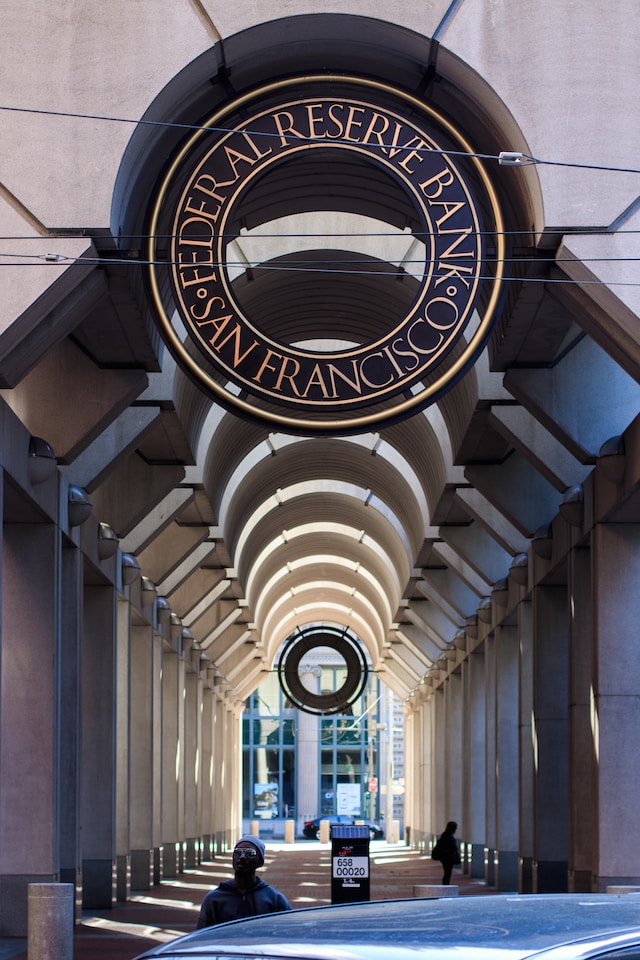In a move that has garnered significant attention, the Federal Reserve has decided to raise interest rates. This decision comes amid a changing economic landscape and is likely to impact various sectors of the economy. In this blog article, we will delve into the reasons behind the Fed’s decision, the potential consequences, and the likelihood of another increase in the near future.
Understanding the Fed’s Decision to Raise Interest Rates
The Federal Reserve, often referred to as the Fed, is the central bank of the United States. Among its primary responsibilities is the task of regulating monetary policy. Interest rates play a crucial role in the overall health of the economy, influencing borrowing, spending, and investment patterns.
The decision to raise interest rates is typically taken to combat inflationary pressures. When the economy experiences rapid growth, increased consumer spending, and rising prices, it can lead to inflation. By raising interest rates, the Fed aims to curb excessive borrowing and spending, which in turn helps stabilize prices and prevents the economy from overheating.
Impact on Borrowing and Spending
The Fed’s decision to raise interest rates can directly affect consumers and businesses. With higher interest rates, borrowing becomes more expensive. This can lead to reduced consumer spending on big-ticket items like homes and cars. Additionally, businesses may postpone expansion plans or put a hold on capital investments due to increased borrowing costs.
Higher interest rates can also impact credit card holders, as credit card companies often raise their rates in line with the Fed’s actions. For individuals carrying significant credit card debt, this can result in higher monthly payments, potentially impacting their financial well-being.
Effects on Investments and the Stock Market
The stock market is also sensitive to changes in interest rates. As interest rates rise, some investors may shift their focus away from stocks and into safer, interest-bearing investments like bonds. This movement can lead to decreased demand for stocks, potentially causing stock prices to decline.
However, it’s essential to remember that the stock market’s reaction to interest rate hikes can vary widely, and other economic factors also play a significant role in determining stock performance.
Leaving the Door Open to Another Increase
The recent interest rate hike by the Fed has left many wondering if more increases are on the horizon. The Fed Chairman’s statements following the rate hike suggested that further increases are indeed possible. However, the timing and magnitude of any future rate hikes will depend on the evolving economic conditions.
The Federal Reserve closely monitors various economic indicators, such as employment levels, inflation rates, and GDP growth, to make informed decisions about interest rates. If the economy continues to show signs of strength and inflationary pressures persist, the Fed may opt for additional rate hikes to maintain stability.
Conclusion
The Federal Reserve’s decision to raise interest rates has far-reaching implications for the economy, affecting borrowing costs, spending patterns, investment decisions, and the stock market. While the rate hike aims to address inflationary pressures, it’s crucial to remain attentive to future announcements from the Fed, as they have indicated the possibility of further increases. As the economic landscape continues to evolve, being informed and prepared for potential changes will be essential for businesses and individuals alike.












